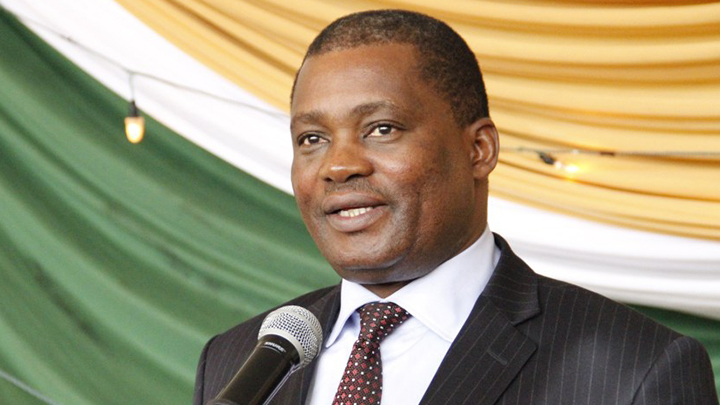Attorney General Justin Muturi has challenged Kenya’s political leadership to take personal responsibility in the fight against corruption, saying the country suffers not from a lack of laws but from a lack of integrity and political will.
His remarks came shortly after President William Ruto signed into law the Conflict of Interest Bill Act 2025, a legislation aimed at preventing public officials from exploiting their positions for personal gain. The law mandates full disclosure of interests and introduces stiff penalties for those who misuse public office.
“The signing of the Conflict of Interest Bill Act 2025 into law is yet another addition to an already full shelf of anti-corruption legislation in Kenya,” Muturi said in a statement on X. “But laws alone have never been the problem.”
Muturi emphasized that the real battle lies in the honesty and sincerity of those in positions of authority. “It is not just about institutions and frameworks; it’s about the integrity of those entrusted with power,” he stated.
He lamented that many agencies mandated to combat corruption are themselves compromised, raising questions about their effectiveness. “We must return to the basics: integrity, accountability, and leadership by example,” Muturi said. “Without that, no law, however well-written, will save this country from the rot.”
Kenya has a long history of enacting anti-corruption measures. Institutions such as the Ethics and Anti-Corruption Commission (EACC), the Office of the Auditor-General, and the Directorate of Criminal Investigations (DCI) are all charged with oversight. However, they have often been accused of selective enforcement and political interference, particularly when senior government officials are implicated.
The new law attempts to close legal loopholes that have long enabled unethical behavior among public servants. But Muturi’s warning is a reminder that legislation without credible enforcement and moral leadership will do little to stem corruption.
As public frustration over impunity grows, Muturi’s message is clear: the path to real change lies not just in Parliament but in principled leadership that walks the talk.

